The Final Accounting
Poet Percy Green once wrote that “a man of words and not of deeds is like a garden full of weeds.” There are probably some literature professors that would debate the following summation, but a simple way of explaining Green’s lines is that it’s better to take action than simply talk about it.
You know, don’t talk about it, be about it. Green’s wisdom is highly relevant in the world of finance, particularly for retail investors, those attempting to establish and stick to budgets, penny pinchers, those looking to reduce debt, and more. In all of those situations and myriad other financial scenarios, talk is cheap, but action is free and effective.
In my experience, Christians frequently acknowledge that “God owns it all.” This is absolutely true and can be defended by scriptures such as Bible verses that say “God owns it all,” including Psalm 24:1, Exodus 19:5, and Deuteronomy 10:14. These verses teach that God is the creator, sustainer, and provider of everything. Here they are: God owns it all. Look closely at these verses.
Exodus 19:5: “…All the earth is Mine.”
Deuteronomy 10:14: “Behold, to the LORD your God belong heaven and the highest heavens, the earth and all that is in it.”
John Wesley put it this way, “When the Possessor of heaven and earth brought you into being, and placed you in this world, he placed you here not as a proprietor, but a steward.” Stewardship is managing God’s treasures in God’s way, for God’s purposes, and always for God’s glory. We begin life with our hands wide open and nothing in them. As we mature, by the grace of God, He allows certain things to be placed into our possession, none of them under our ownership.
Forensic accounting is a type of accounting that investigates financial information to determine what happened in the past. Forensic accountants use accounting, auditing, and investigative skills to understand whether a person or company has committed financial misconduct, such as embezzlement or fraud. Just as crime scene investigators comb over every inch of a murder scene for clues, a forensic accountant’s search follows a similar pattern by combing through old bank statements, ledgers, and other sources to uncover fraud and piece together the story of how a crime unfolded.
From the beginning to the end, the Bible assures us that there will be a judgment, a forensic accounting if you will.
Paul says in Romans 14:12, “So then each of us shall give account of himself to God.” Peter says in 1 Peter 4:5, “They will give an account to Him who is ready to judge the living and the dead.” Moses wrote in Deuteronomy 32:36, “For the Lord will judge His people…
I have spent more than 35 years working with people and their finances. And you can learn almost everything you need to know about somebody by doing a forensic accounting through their bank account and credit card charges. I wonder, when the final accounting is done of your financial life, will there be enough evidence to reveal that you actually believed that “God owns it all”?
I expect that for many of us, it will be evident whether or not we believed that it was appropriate to tithe 10% of our income. That will be very easy to observe. But believing that “God owns it all” should manifest itself in the composition of our portfolio. Do we own investments that profit from exploitation, profit from people’s addictions or profit from business products that stand against God’s Holy nature? Even deeper, have we made investments in businesses that deliberately seek to bring blessing and to proclaim the gospel to all stake-holders?
“A man of words and not of deeds is like a garden full of weeds.” Is your behavior consistent with your words? Would a forensic accounting of your portfolio reveal that you are a steward or perhaps an embezzler of God’s resources?
